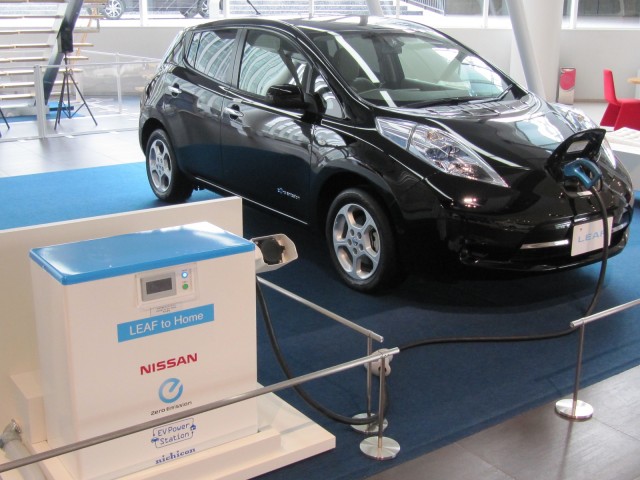
Hi All,
A Vehicle to Home power system is on the horizon & it looks like the time has come.
Nissan and other makers are beginning to view electric cars not just as transportation, but as mobile energy-storage units that can provide emergency power and take stress off electrical grids.
https://youtu.be/zLs7YOjC2mE
-- With the big California utility companies efforts to squash rooftop Solar, de-centralized power production via unfair net metering & now through so-called 'time of use' rate structures this setup is going to be more attractive than ever.
It's like when Apple invented/took the personal computer to the public ..
Will Chevrolet be adding this capability to it's EV's any time soon?
(Please!)













